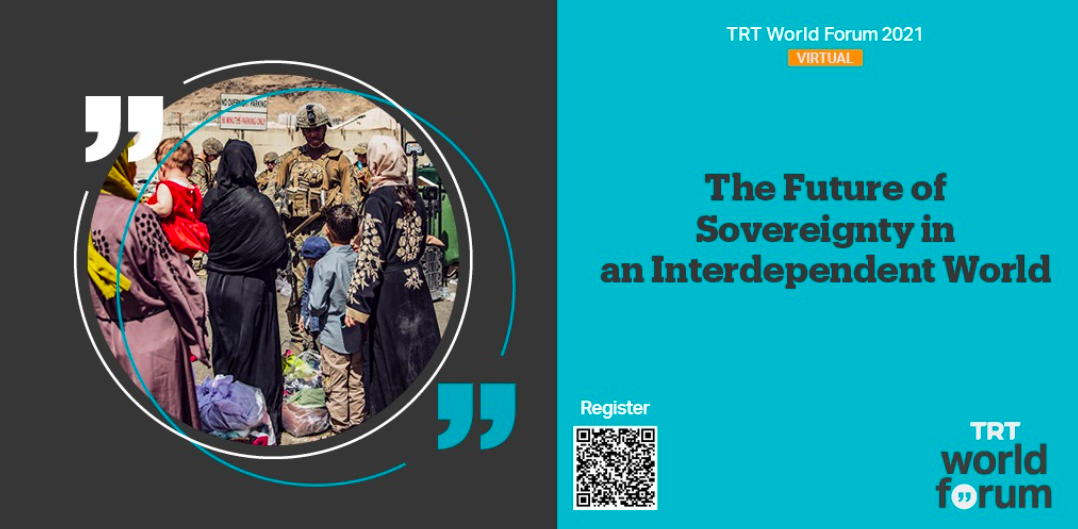Since the end of the Second World War and the dissolution of European empires, the nation-state has emerged as the dominant form of political organisation and the primary holder of sovereignty. This dominance was reinforced by the belief that the nation-state was the most effective means of achieving economic development and modernisation, a process often referred to as ‘nation building.’ From that point onwards, strategic decision-making has, in theory, been the sole responsibility of the state.
However, with the increasing interdependence of the world through regional trade blocs, military alliances, and international organisations, the sovereignty of the nation-state has gradually weakened. Despite the resurgence of nationalism and the return of large-scale state intervention in the economy following the Covid-19 pandemic, the distribution of sovereignty has fundamentally shifted. Subnational actors, such as mega-cities, are gaining economic and geopolitical importance, in some cases overshadowing their central governments.
In addition, the growing power and influence of multinational corporations, particularly in the technology sector, are challenging traditional notions of state sovereignty. As the world becomes more interconnected and power becomes more decentralised, nation-states, which are tied to the concept of sovereignty and independence, will face increasing difficulties in navigating an ever more complex global landscape.
This session will explore the issue of sovereignty today and in the future, examining how our understanding of it may need to evolve in an increasingly interdependent world.
